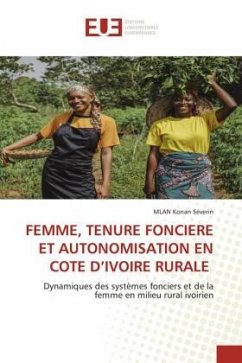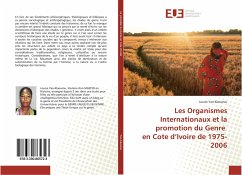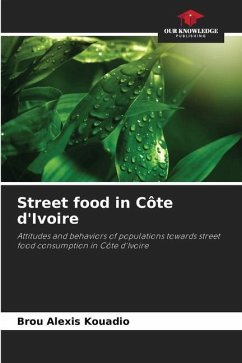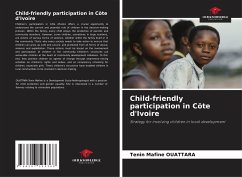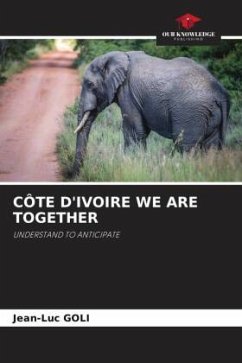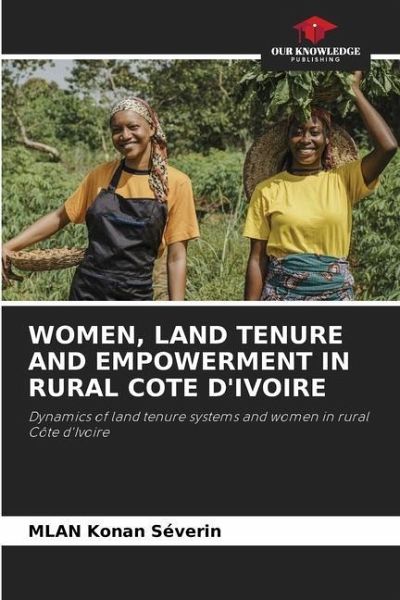
WOMEN, LAND TENURE AND EMPOWERMENT IN RURAL COTE D'IVOIRE
Dynamics of land tenure systems and women in rural Côte d'Ivoire
Versandkostenfrei!
Versandfertig in 6-10 Tagen
40,99 €
inkl. MwSt.

PAYBACK Punkte
20 °P sammeln!
The author analyzes two practices that energize relations between men and women in rural Côte d'Ivoire. The first (i) takes into account the socio-anthropological factors underlying a unitary approach to people's customs, which foresee, in all customary systems, that the woman will marry into another family, and farm the land belonging to her husband. The current paradigm foresees efficient exploitation of the land by the woman for the benefit of her household, if she acquires customary land rights. From this paradigm, which is purely Western but has been taken up by the State and civil socie...
The author analyzes two practices that energize relations between men and women in rural Côte d'Ivoire. The first (i) takes into account the socio-anthropological factors underlying a unitary approach to people's customs, which foresee, in all customary systems, that the woman will marry into another family, and farm the land belonging to her husband. The current paradigm foresees efficient exploitation of the land by the woman for the benefit of her household, if she acquires customary land rights. From this paradigm, which is purely Western but has been taken up by the State and civil society organizations, we note an opening up of the bundle of rights to women in the South-East, Centre-South, South-West and West of Côte d'Ivoire. The second practice (ii) relates to the factors behind the expansion of cassava to the east of Abidjan, where the income generated creates jobs and empowers women.



